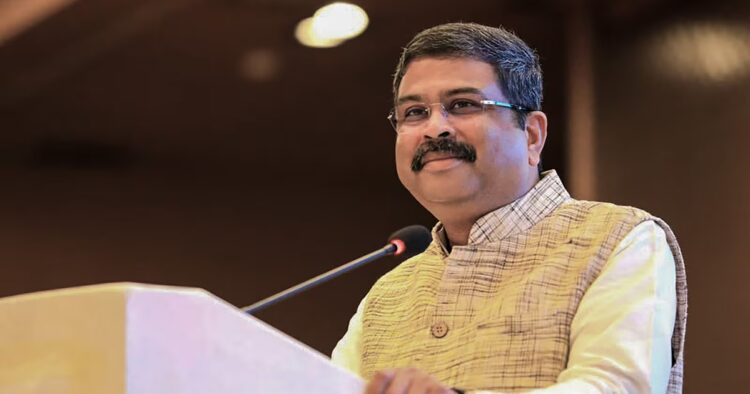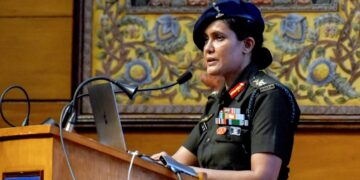In a move aimed at promoting education in mother tongues and tribal languages, the Union education ministry unveiled 52 short textbooks for early childhood care and education (ECCE). These textbooks, termed as primers, were launched by Union Education Minister Dharmendra Pradhan and are intended to introduce various subjects to young learners. Prepared by the National Council of Educational Research and Training (NCERT) in collaboration with the Central Institute of Indian Languages (CIIL), Mysuru, these primers cover languages not officially recognized, referred to as Non-Scheduled Languages.
Minister Pradhan hailed the launch of the primers as a step towards a new civilizational renaissance. He emphasized that this initiative aligns with the vision of the National Education Policy (NEP) 2020 and aims to create a seamless learning environment while promoting education in Indian languages. The introduction of these textbooks is expected to transform school education holistically and facilitate deeper understanding, lifelong learning, and a stronger connection to indigenous cultures among students.
The initiative is in line with the government’s broader efforts to promote Indian languages across all levels of education, as outlined in the NEP 2020. According to School Education Secretary Sanjay Kumar, the government is committed to increasing Gross Enrollment Ratio (GER) in secondary education to 100% by 2030. The newly launched primers cater to students from Classes 3 to 12, with some already developed and the remaining to be released soon. These textbooks have been developed based on the recommendations provided by Minister Pradhan.
In addition to the launch of the primers, Minister Pradhan announced several other initiatives aimed at empowering teachers and learners and enhancing the quality of education. These initiatives include the establishment of District Institutes of Education & Training (DIET) of Excellence, implementation of National Professional Standard for Teachers, launching of National Mission for Mentoring, establishing National Vidya Samiksha Kendra, and introducing 200 TV channels dedicated to education.
The government also pledged financial assistance to states and union territories for the physical upgrading of all District Institutes of Education and Training (DIETs) over the next five years. This initiative aims to develop DIETs into centers of excellence in education with an allocation of up to Rs. 15 Crore per DIET under the Centrally Sponsored Scheme of Samagra Shiksha.
Overall, these initiatives mark a significant step towards making education more inclusive, innovative, and equitable while ensuring that learners have access to quality education in their mother tongue or regional language.

















Comments